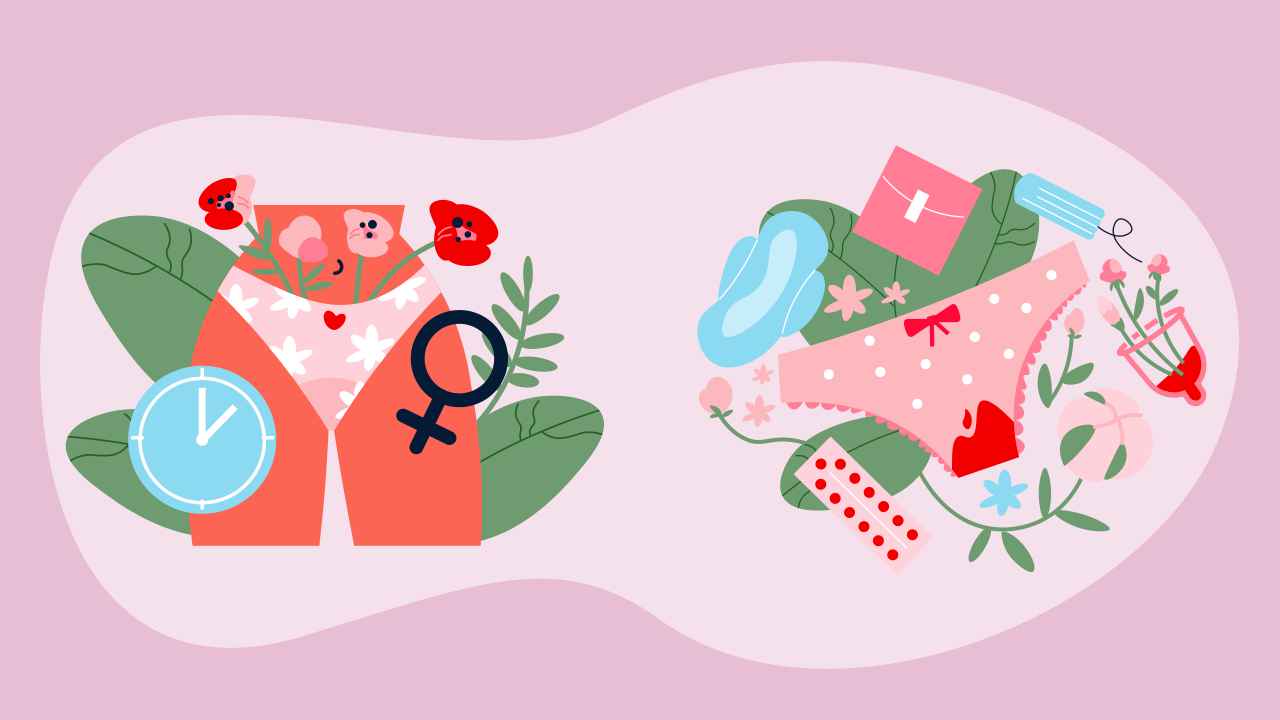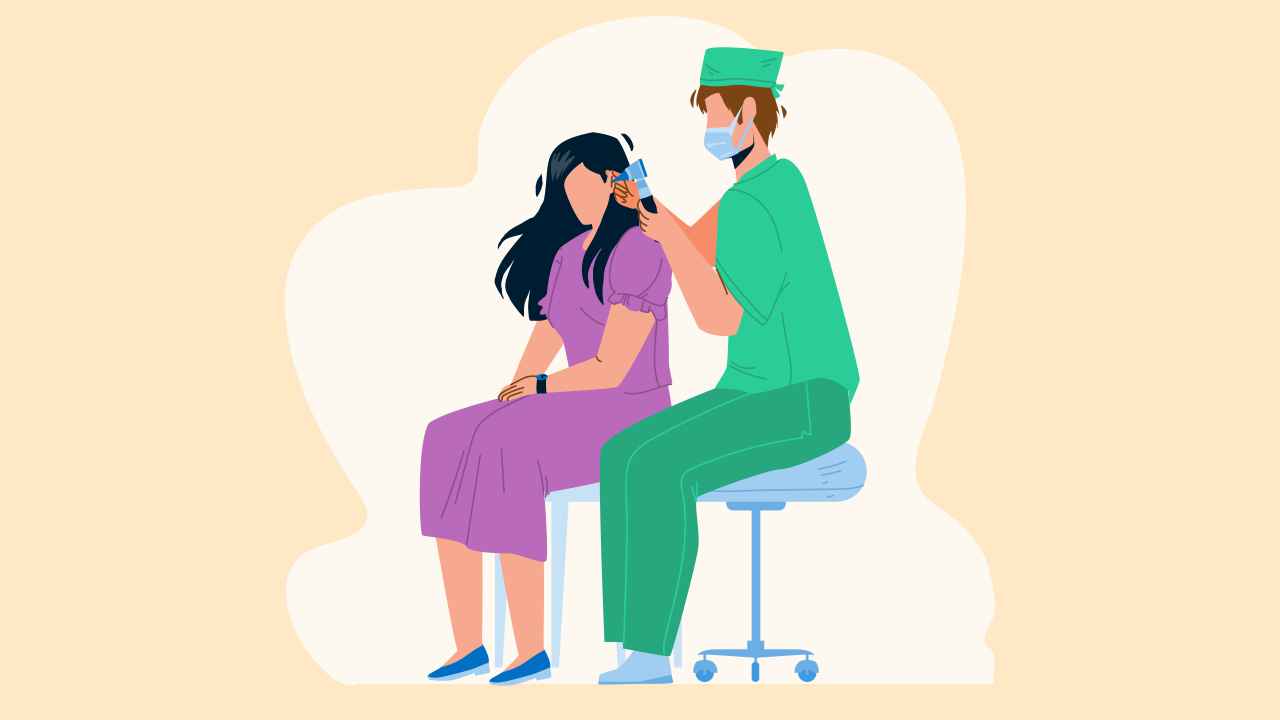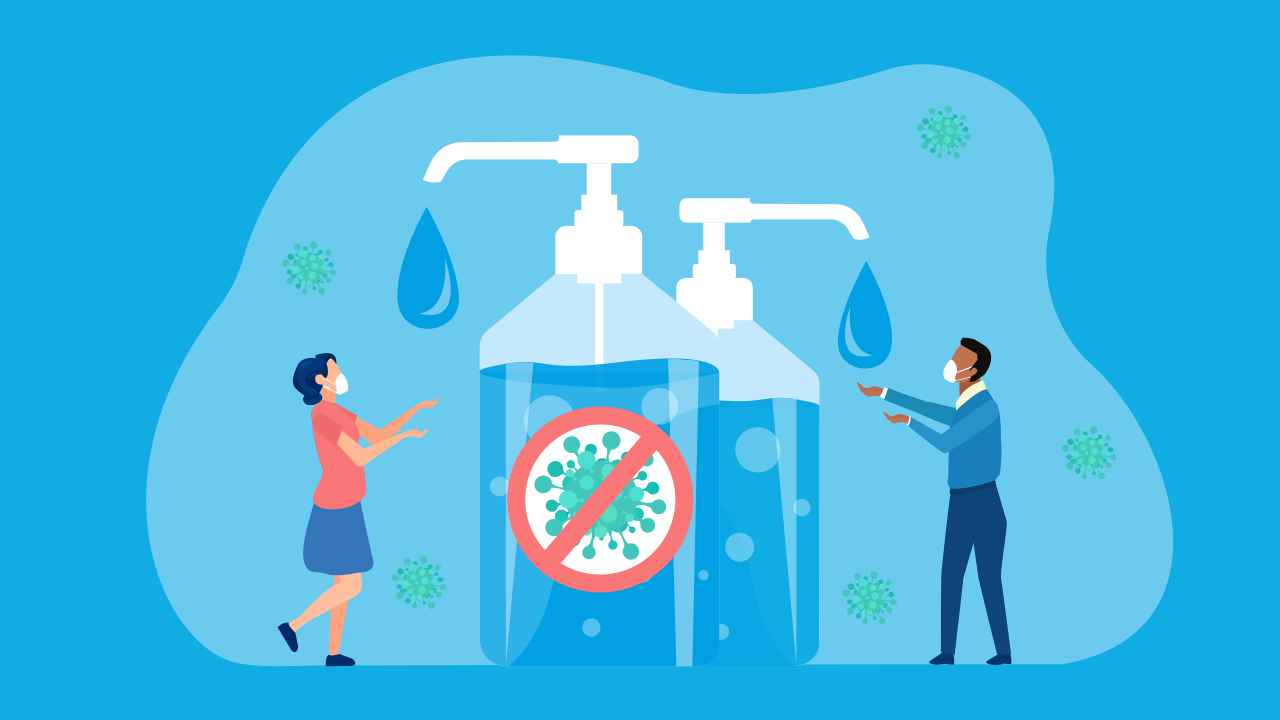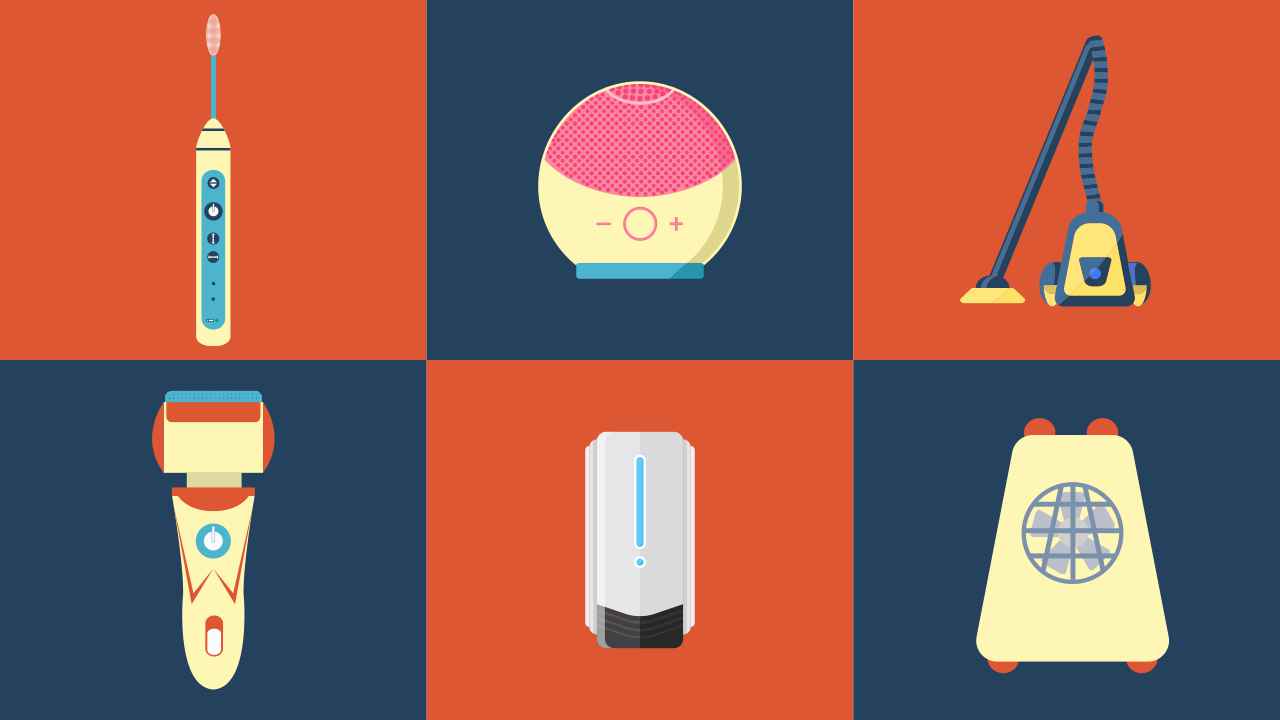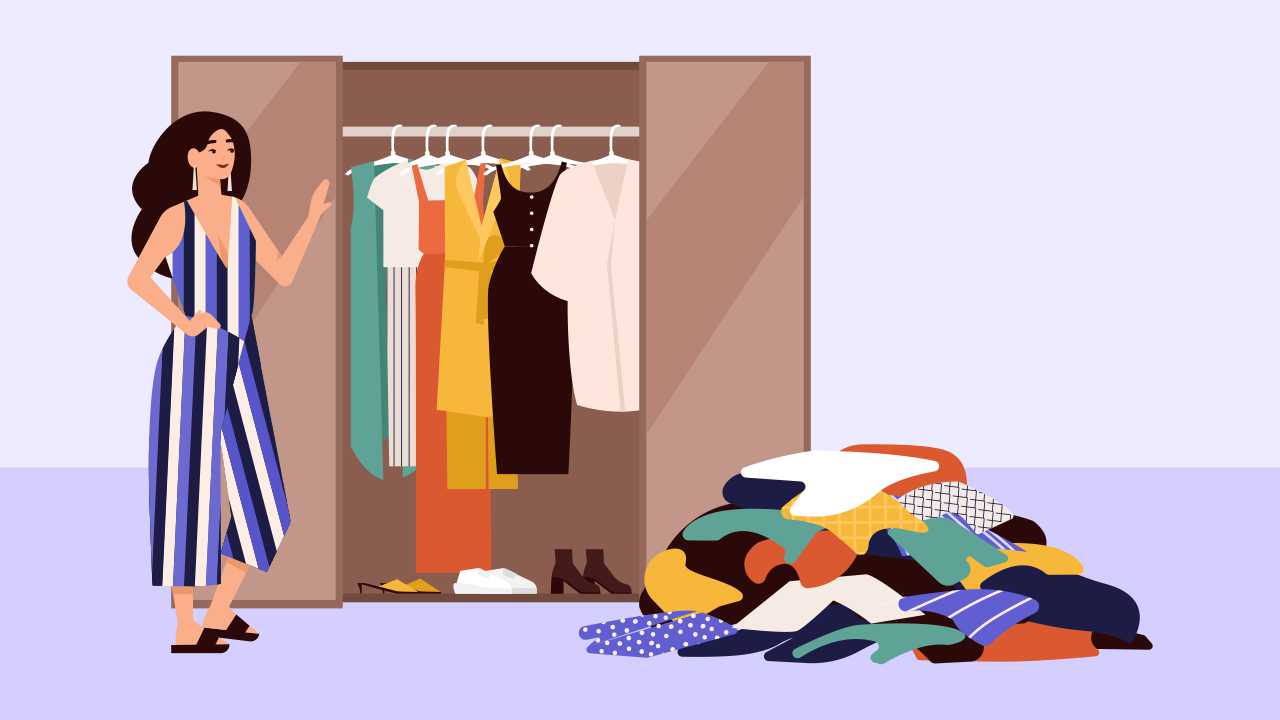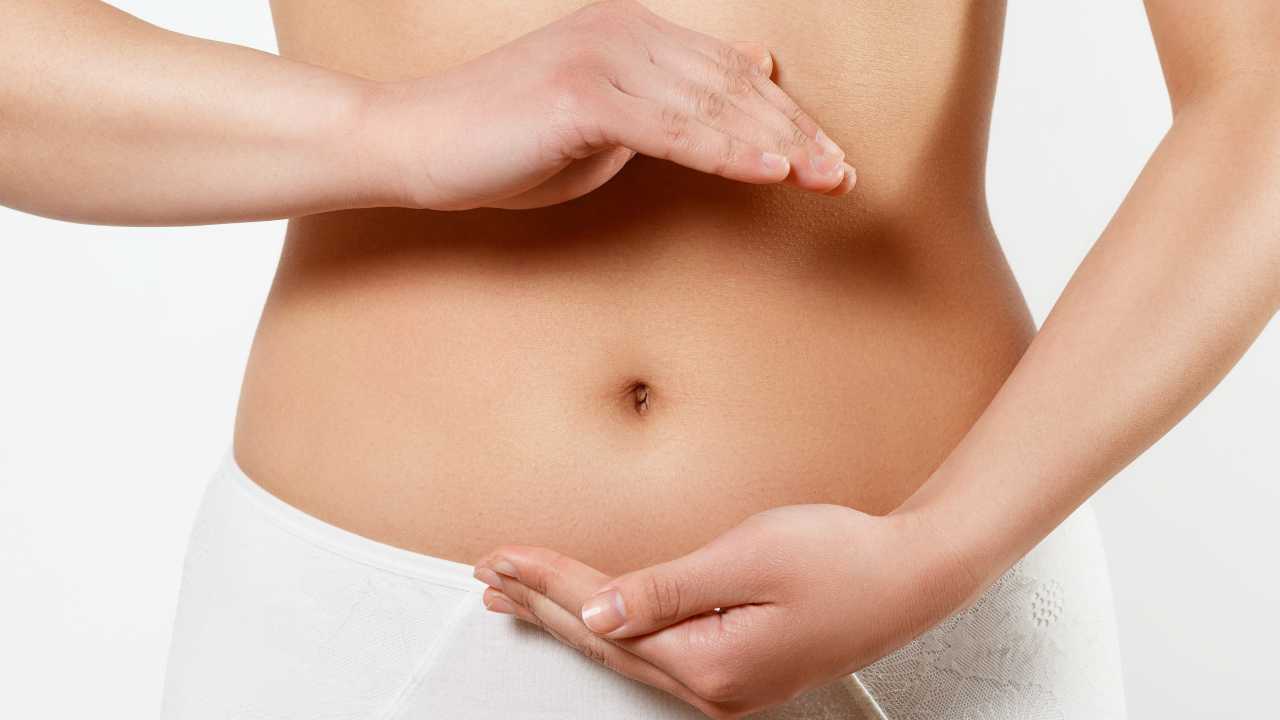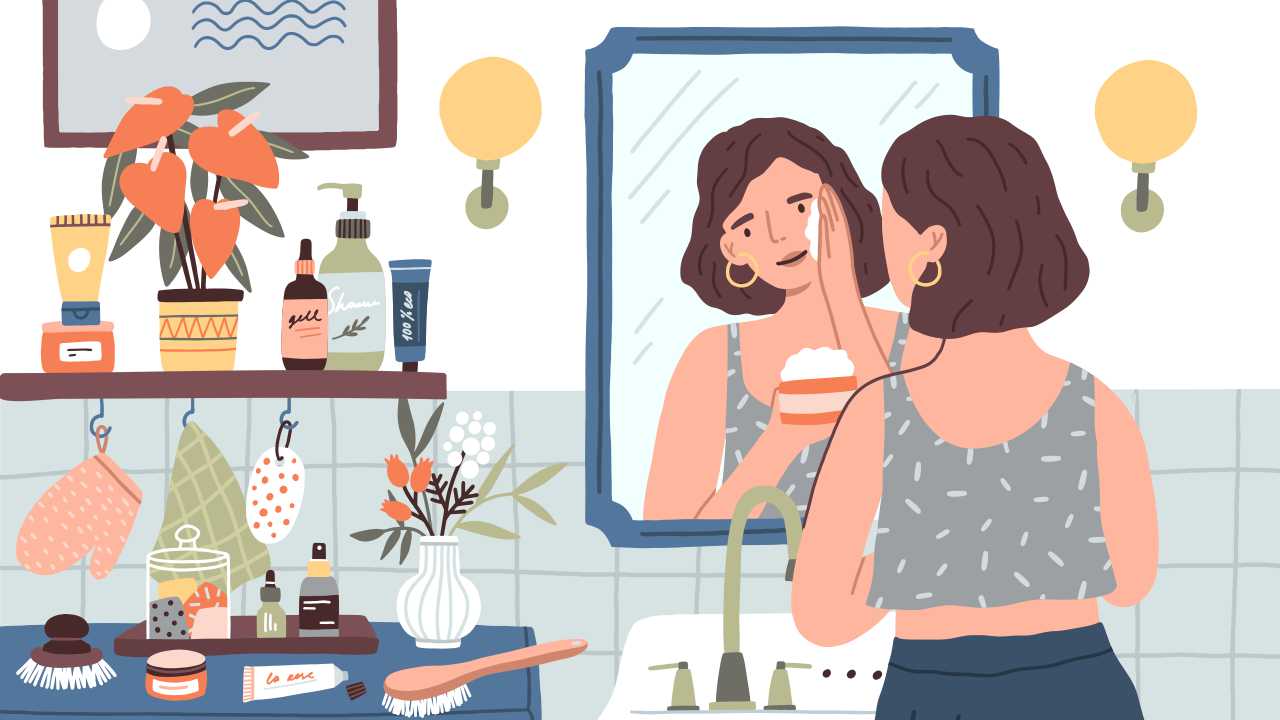
How to Teach Children Good Hygiene
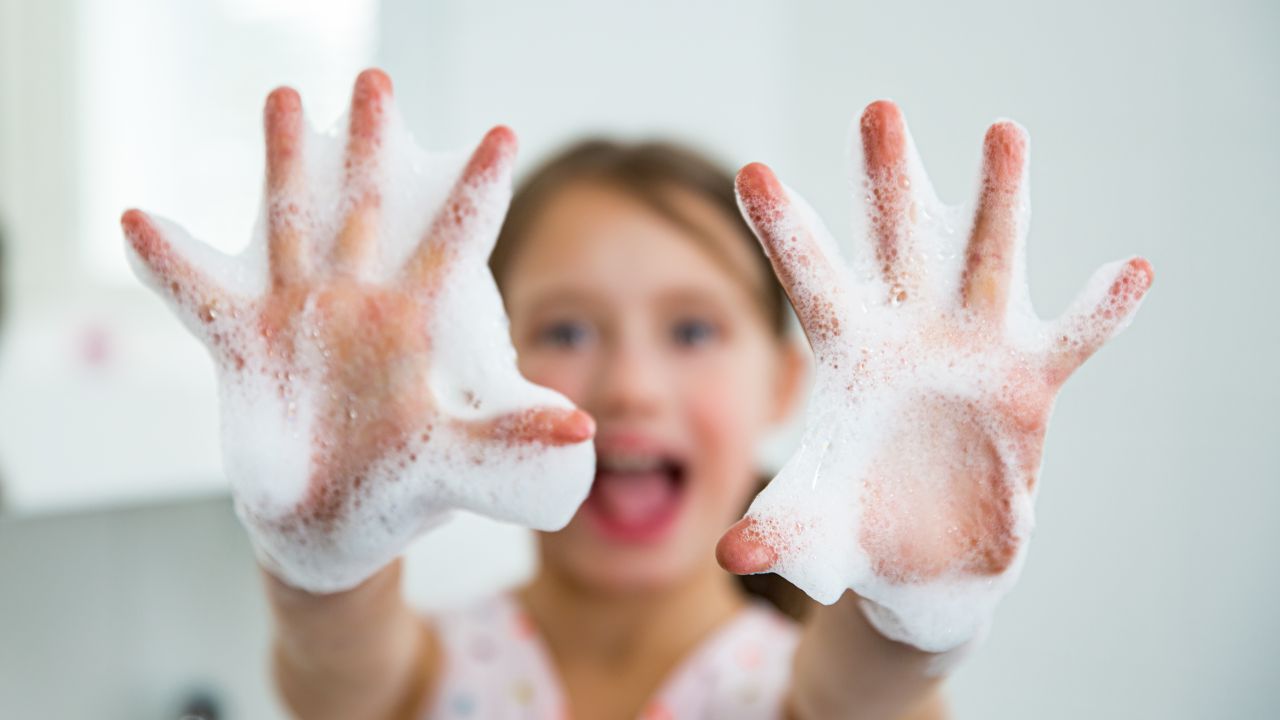
Children need a lot of supervision in all aspects of their daily life. And this holds true for personal hygiene as well. It’s up to their guardian to inculcate sound hygiene habits in them. Think brushing twice daily to prevent cavities, trimming nails, washing hands, and changing undergarments every day. They should also be taught how poor hygiene spreads diseases and conditions such as body odor, head lice, and so on.
Here are some basic personal hygiene habits you can teach your children.
Brushing teeth
1. As soon as your baby starts teething, you can start brushing their teeth. But even before that, you can clean your baby’s gums with a soft wet cloth. When your child turns three, you can teach them the correct technique of brushing. They would, however, need to be supervised till they learn to do it correctly.
2. Encourage your child to brush for two minutes — you can play a song to time it, or put on a timer.
3. The habit of brushing at least twice a day, after waking up and just before going to bed, must be inculcated early on.
4. Make flossing a habit. You will have to help them with this till they turn seven or eight, or when they can manage to do it themselves.
5. Also teach your child to rinse their mouth after every meal.
Bathing
1. Children should be able to take a full body bath on their own once they turn five.
2. It would be best if you can teach them about cleaning different body parts like underarms and neck area. They should be taught to clean the genital area with sufficient amounts of water, and also how to dry themselves thoroughly after a bath.
3. Children must be encouraged to take a bath in the morning, and a quick shower or sponge once they come home after playing outdoors.
Hand washing
1. Encourage correct handwashing technique. Show them how to scrub in between the fingers, the back of the hand, and clean under the nails. You can teach them to hum a 20-second song to time the washing.
2. They should also be taught to wash their hands every time they use the toilet, touch pets, eat food, sneeze, or cough.
Trim the nails
1. Long nails harbor germs. So, it is essential to clip them regularly. Gradually, you can teach your child to go about it themselves safely.
Clothing and shoes
1. Since children are active for the most part of the day, they tend to sweat a lot. You should encourage them to change into a fresh set of clothes after bathing, once they return from school, and after outdoor activities.
2. Also, teach your child to wear clean undergarments every day.
3. It is important to teach your child to keep their shoes in the right place and wash their hands after touching them. They should also practice wearing footwear at home.
There are fun ways you can acclimatize your child to these habits. Consider placing sticky notes in the bathroom, on the fridge, or the door, reminding them of hygiene activities. Teach them songs or rhymes to help them time washing themselves. Parents can also set reminders on their phones to encourage kids to perform their activities on time.
Teaching your kids basic personal hygiene early on will lay a strong foundation for sound habits. It’s easier to learn them when you are young than later. Lead by example. Remember, kids imitate everything their parents do — so, be their role models.
References
1. Holland K. Creating a Personal Hygiene Routine: Tips and Benefits. Healthline. https://www.healthline.com/health/personal-hygiene (accessed Apr 7, 2021).
2. Personal hygiene for children. Health Direct. https://www.healthdirect.gov.au/personal-hygiene-for-children#:~:text=Teaching your child good hygiene habits&text=washing hands, brushing and flossing teeth (accessed Apr 7, 2021).

